Canadian engineering giant SNC-Lavalin has warned of financial impacts if the surprise diplomatic standoff between Canada and Saudi Arabia over human rights continues.
Saudi Arabia is the company’s third biggest market outside Canada, netting it revenues of nearly a billion Canadian dollars (C$992m) last year.
The engineer regularly wins contracts in the oil and utilities sectors there.
But its share price plunged when a tweet on 3 August by Canada’s foreign affairs minister Chrystia Freeland sparked an angry response in the kingdom.
Freeland called for the release of women’s rights activist Samar Badawi (pictured), sister of jailed dissident writer Raif Badawi, each of whom have been given 10-year jail sentences, with 1,000 lashes, for “insulting Islam”.
Canadian Prime Minister Justin Trudeau backed Freeland.
The Saudi foreign ministry called the statement “a major, unacceptable affront to the kingdom’s laws and judicial process”.
The ministry gave the Canadian ambassador 24 hours to leave the country, and the Saudi government has frozen all new trade with Canada, although it said oil shipments would not be affected.
In response to questions from investors, analysts and media, SNC-Lavalin on 8 August issued a statement confirming that if the standoff goes on, it would have a financial impact.
“We are studying the possible implications of this situation and its possible impact on current or proposed transactions between SNC-Lavalin Group companies and customers controlled by the Kingdom of Saudi Arabia,” the company said.
“We are not able at this time to fully assess the effect on the SNC-Lavalin Group’s current and future business opportunities in the Kingdom of Saudi Arabia.
“If a widespread commercial embargo on Canadian commercial interests in the Kingdom of Saudi Arabia were to be implemented on a prolonged basis, there will be an impact on our future financial performance.”
The company added: “We will update our shareholders as the situation develops and we are better able to assess the effect on SNC-Lavalin.”
Image: Saudi Arabian rights activist Samar Badawi (middle) being recognised at the 2012 International Women of Courage Awards, with then-US Secretary of State Hillary Clinton and First Lady Michelle Obama (US State Department)
Comments
Comments are closed.

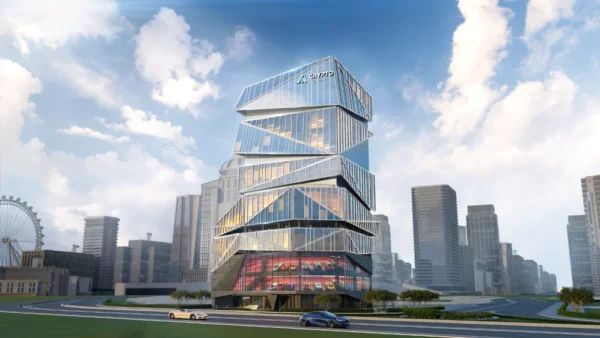
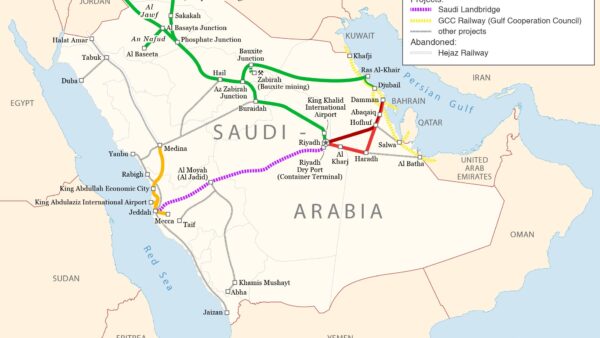

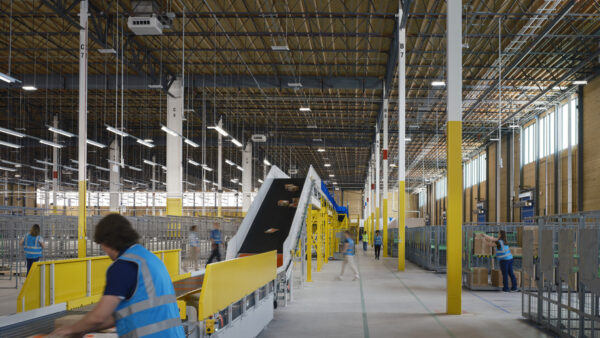
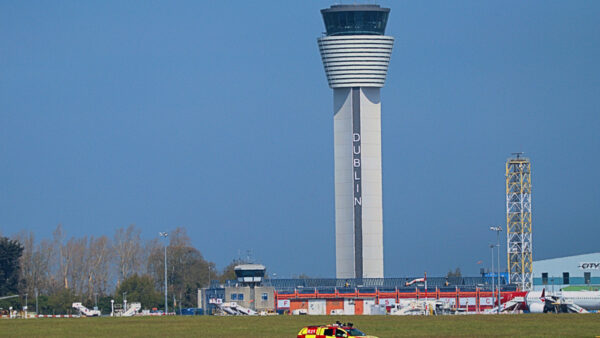
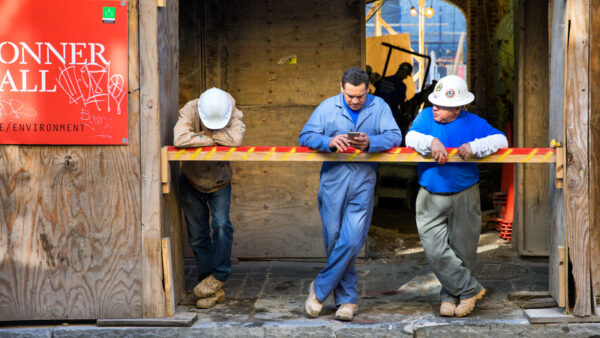
Freeland did not “call” for the release of Badawi, she “demanded” the “immediate” release of Badawi and her supporters. After which she continued the criticism of the Saudi’s record on Human rights. The Demand for the immediate release was the key component for the Saudi’s ire. In diplomacy one does not “demand” but “requests” unless one expects to get a response like the one they got. Try that with any other country and see what you get.
Out of interest I did a quick google to see the full-text of the tweet:
“Very alarmed to learn that Samar Badawi, Raif Badawi’s sister, has been imprisoned in Saudi Arabia. Canada stands together with the Badawi family in this difficult time, and we continue to strongly call for the release of both Raif and Samar Badawi.”
In your comment Korey by using quotation marks around the words demanded and immediate, you imply that she used these in her tweet, where in actual fact, she did not. (Although perhaps the translation into Arabic conveyed a stronger meaning.)
Sadly it will take a lot more than the words ‘demand’ or ‘immediate’ to change Saudi Arabia’s human rights abuses. All that has happened is a defence reaction.